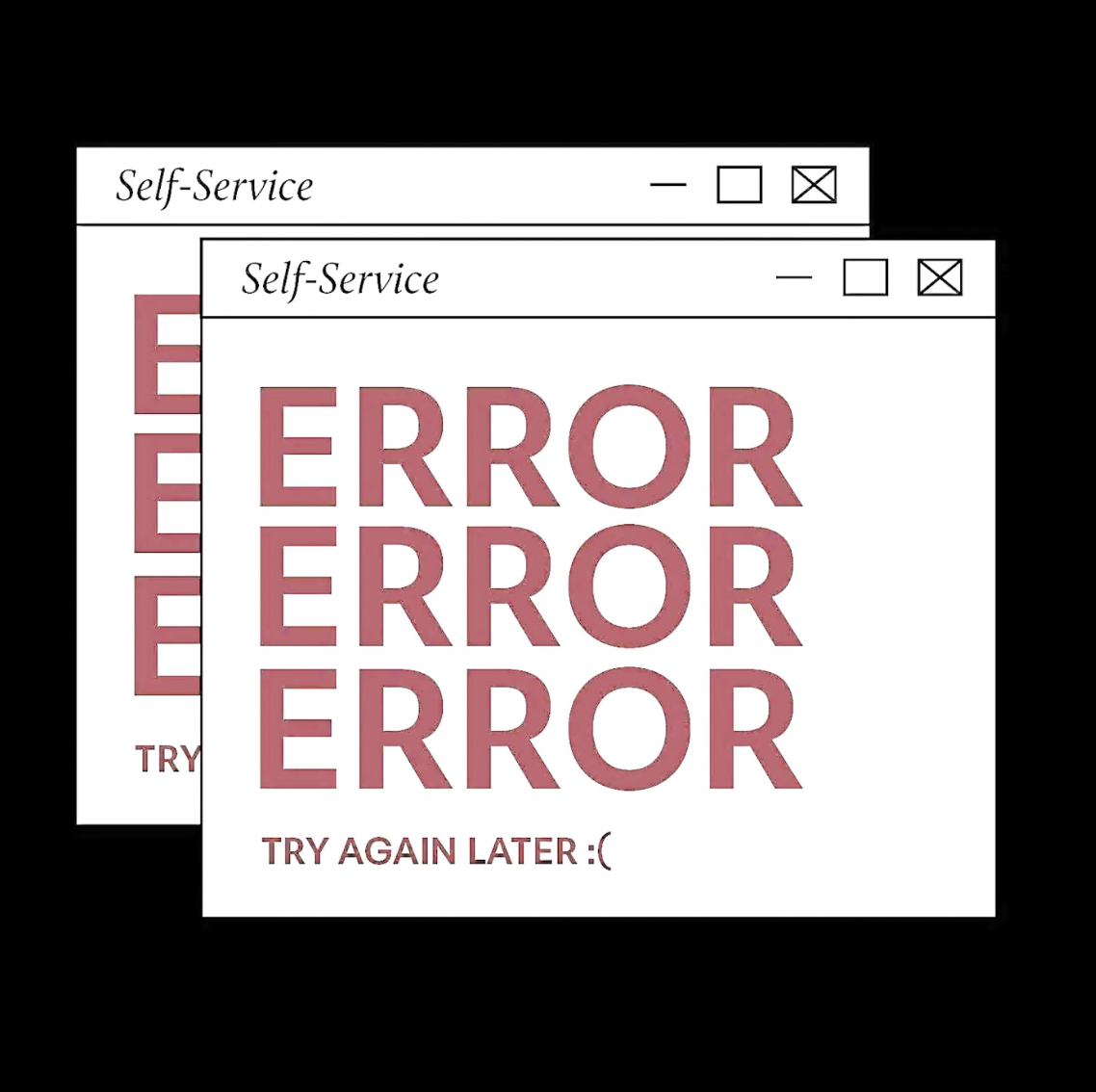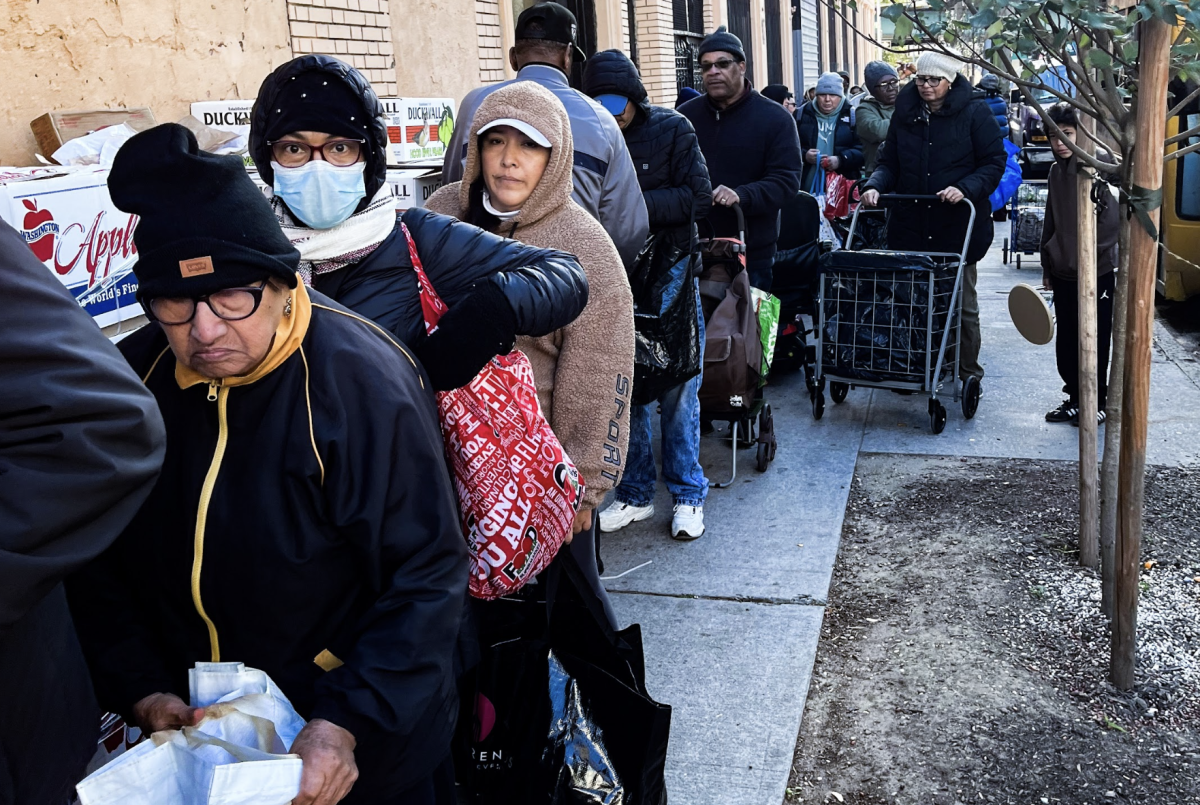Hurricane Sandy formed on Oct. 22 and dissipated on Oct. 31. In that time, it caused damage, death and destruction in Jamaica, Haiti, the Dominican Republic, Puerto Rico, the Bahamas and Cuba. Its effects were felt in 24 states, stretching along the east coast from Florida to Maine. At the time of this writing, there are 113 dead in the United States alone and 185 dead in all regions in Sandy’s path. It is among the costliest Atlantic hurricanes in history, second only to Katrina.
The response to Sandy has been overwhelmingly positive, as people, politicians and corporations across the nation have moved to provide relief and support to those affected. But there are some around New Orleans (particularly prowling Facebook) who view the support as a slap in the face, remembering (perhaps inaccurately) that there was less outcry and also (far more accurately) a system of relief and federal aid far less able to cope with such a tragedy in the aftermath of Katrina.
This outcry is not entirely without merit, but does ignore the simple fact that these hurricanes did not happen simultaneously. The response to Sandy is a response made in the aftermath of Katrina, with the lessons learned from that catastrophe taken and applied. There were serious errors in how Katrina was handled, both in terms of outcry among the rest of the United States and in terms of federal aid readied and sent in. But these errors were not things mishandled in other hurricanes; they were the inadequate attempts of a nation unprepared for the breadth of the crisis they faced.
The response of our country to Hurricane Sandy is superior to the response offered in the face of Hurricane Katrina, but it is superior precisely because of the lessons we learned from Katrina. In 2005, the United States was ill-prepared for a crisis such as that we faced with the catastrophic damage inflicted by Katrina. Response was haphazard, both in anticipation and in the aftermath of the hurricane. Response to Sandy has not been better than response to Katrina because the East Coast matters more to America than New Orleans; response has been better because our nation learned hard lessons from Katrina that it applied to a present crisis.
But even if there were not legitimate reasons for a superior response to Hurricane Sandy, local complaints would still be shortsighted. Sandy may indeed be a less severe catastrophe than Katrina, but it is still a catastrophe. From a strictly numerical standard, the death toll of Katrina – 1833 – makes it the worse hurricane, but such a comparison is both idiotic and ill-conceived. The death toll of the Holocaust does not make other genocides any less monstrous; likewise, the severity of Katrina does not make the victims of Sandy any less in need of help. A tragedy is still a tragedy, no matter its relative severity.
Sandy has superior response because of hard lessons learned in the course of Katrina; even were this not the case, it would not make victims of Sandy any less in need of our help. No one has a monopoly on tragedy and trauma, and as a collection of united states we should be more than happy to lend aid and support those in need.






